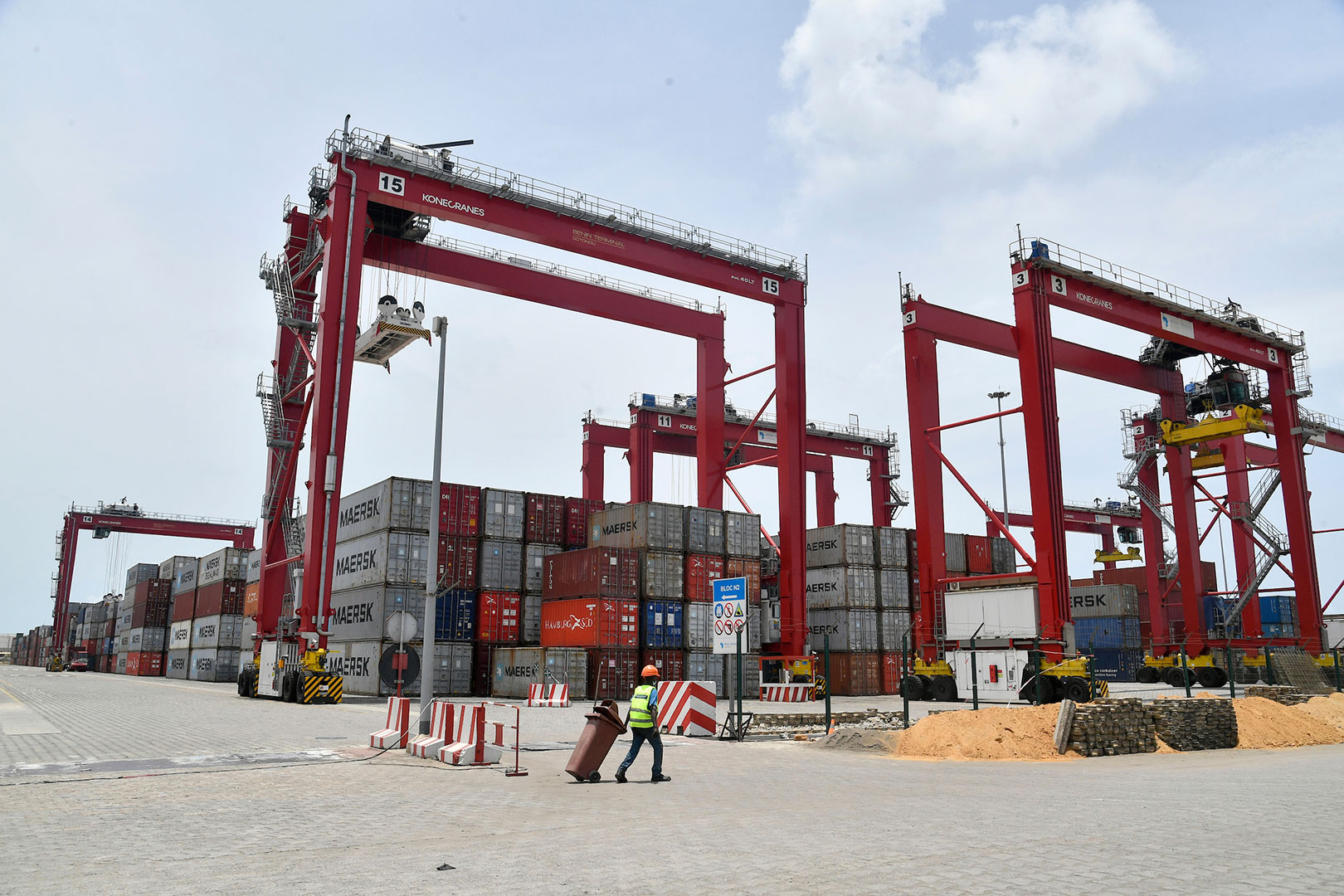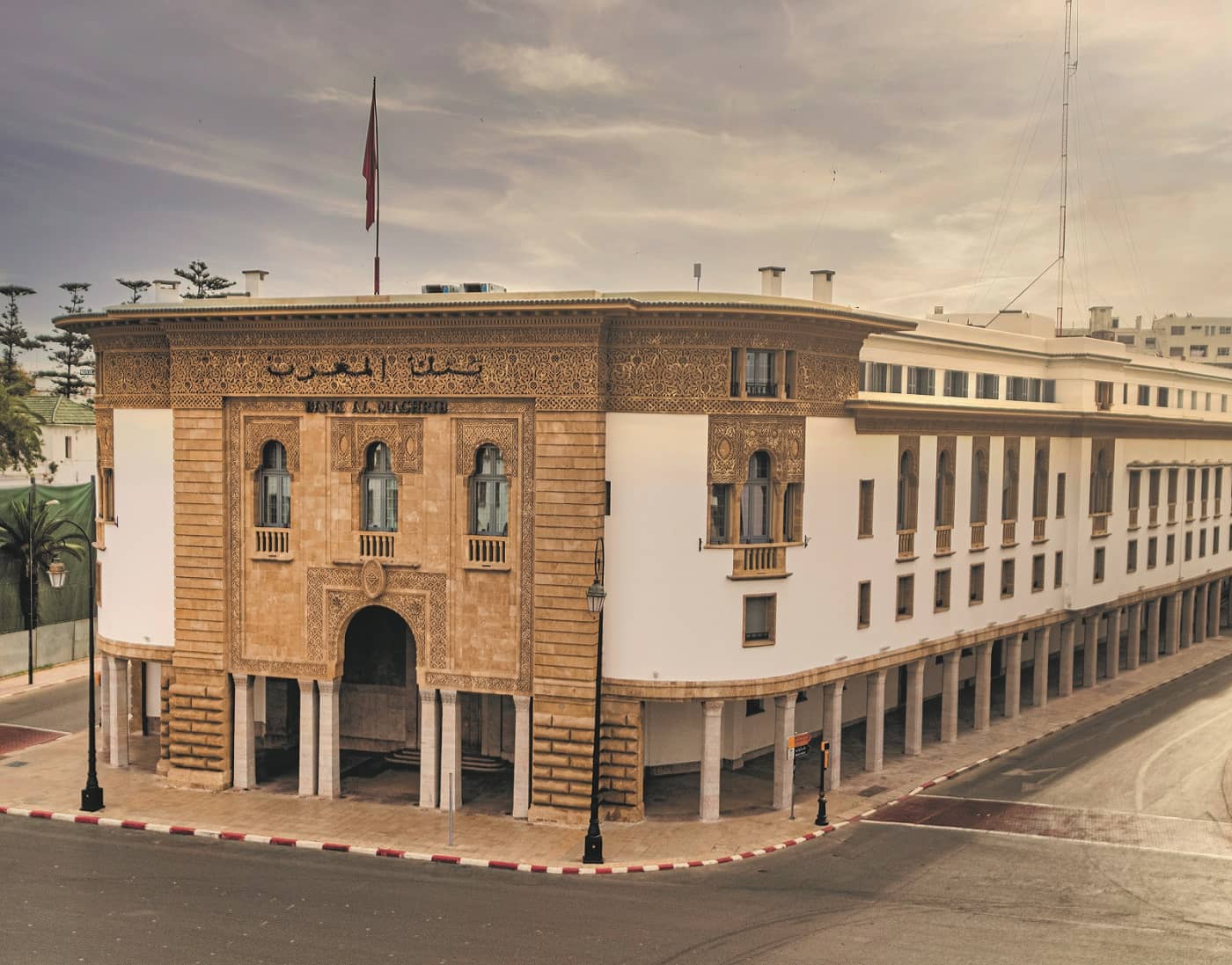
Reducing budget deficits in sub-Saharan Africa without endangering development
About two-thirds of sub-Saharan countries have launched large-scale fiscal tightening plans. To rebalance public finances while limiting negative impacts on economic development and the social situation, decision-makers will need to favor programs that aim to increase government revenues, rather than reducing investments or other priority expenses. Strategies to gain the confidence of the population, such as the implementation of compensatory measures (in particular the strengthening of social transfers targeted at the most vulnerable) or an adequate sequence of reforms are essential to ensure the success and sustainability of these plans to ensure.

Sub-Saharan Africa in search of resources: taking advantage of the abundance of essential minerals
Sub-Saharan Africa, home to 30% of the world’s essential minerals, is poised to undergo a profound transformation amid the global clean energy transition. While the extraction of certain minerals could increase the region’s GDP by 12% or more by 2050, going beyond raw material exports to develop manufacturing industries opens up an even broader prospect. A regional strategy based on cooperation and integration between countries can strengthen mineral diversity and create a larger and more attractive regional market for necessary investments. Furthermore, national-level structural reforms to support domestic firms in manufacturing and supporting sectors, while avoiding inward-looking industrial policies, will increase profits from these minerals. Unlocking this potential could stimulate broader economic development, stimulate technology transfer and generate sustainable and higher profits from the region’s vital mineral resources. Whether mining or processing, this transition requires the adoption of robust tax regimes and policies to manage these profits responsibly.

Building tomorrow’s workforce: education, opportunity and Africa’s demographic dividend
Sub-Saharan Africa’s population will double by 2050, making the region one of the most dynamic in an aging world. But securing tomorrow’s growth and jobs requires strong action today – especially ensuring the continent’s children have access to quality education. To achieve the goal of universal access to education by 2030, it may be necessary to double the share of education expenditure in GDP. States must do everything they can to maintain and increase their education budgets, while ensuring that every dollar is spent wisely. It is also up to donors to ensure that education remains one of their priorities.




